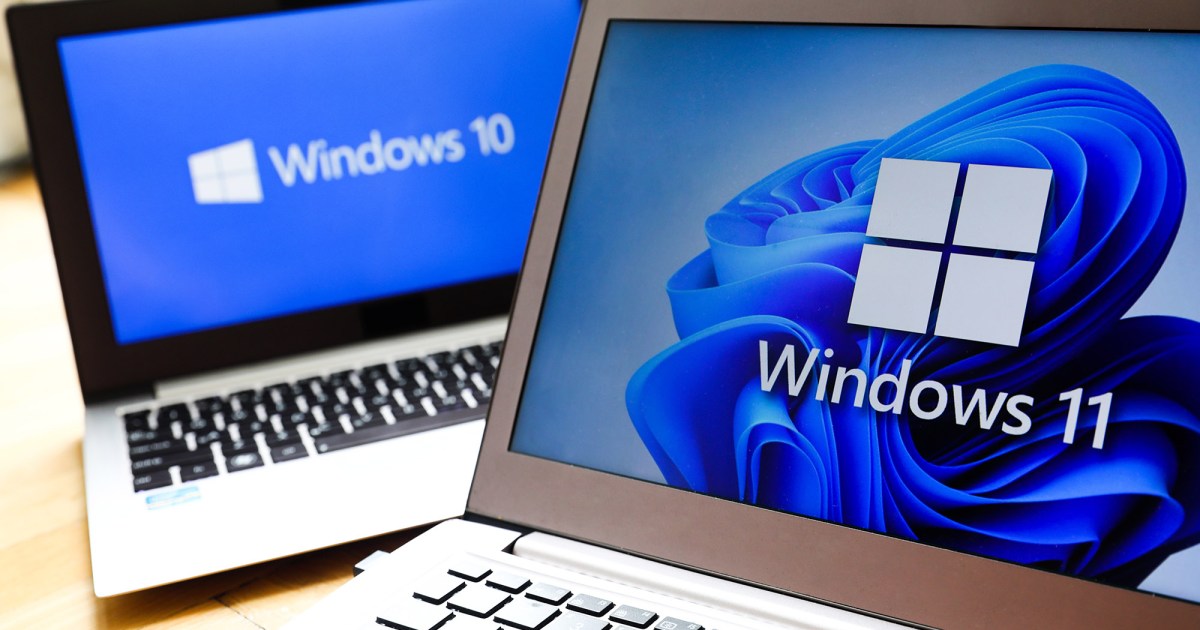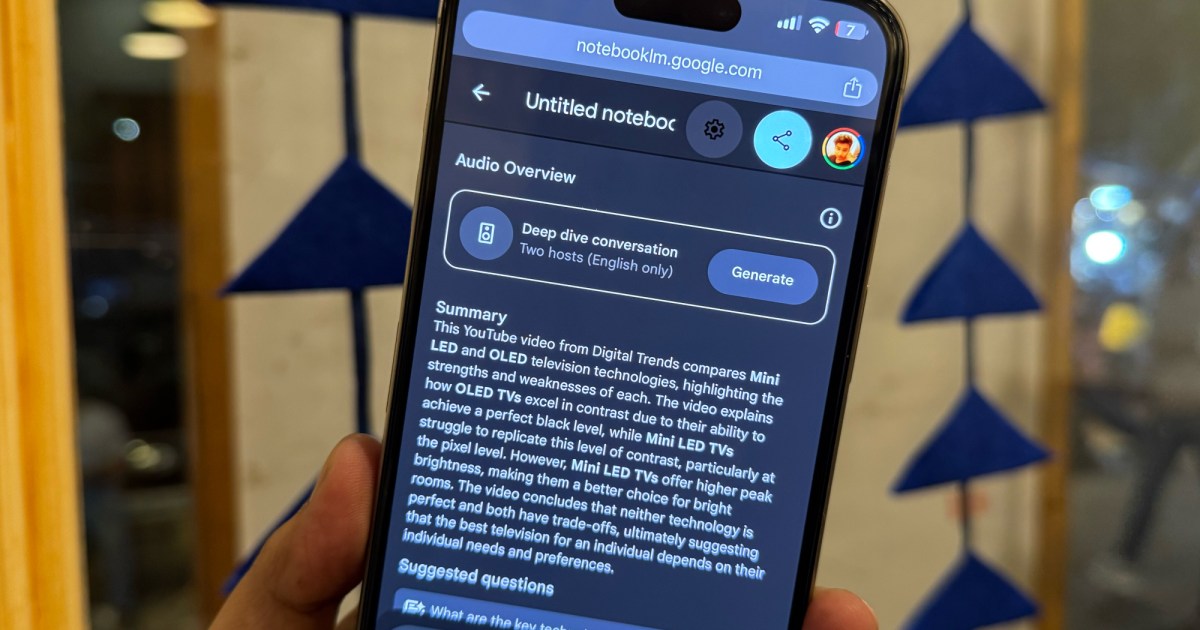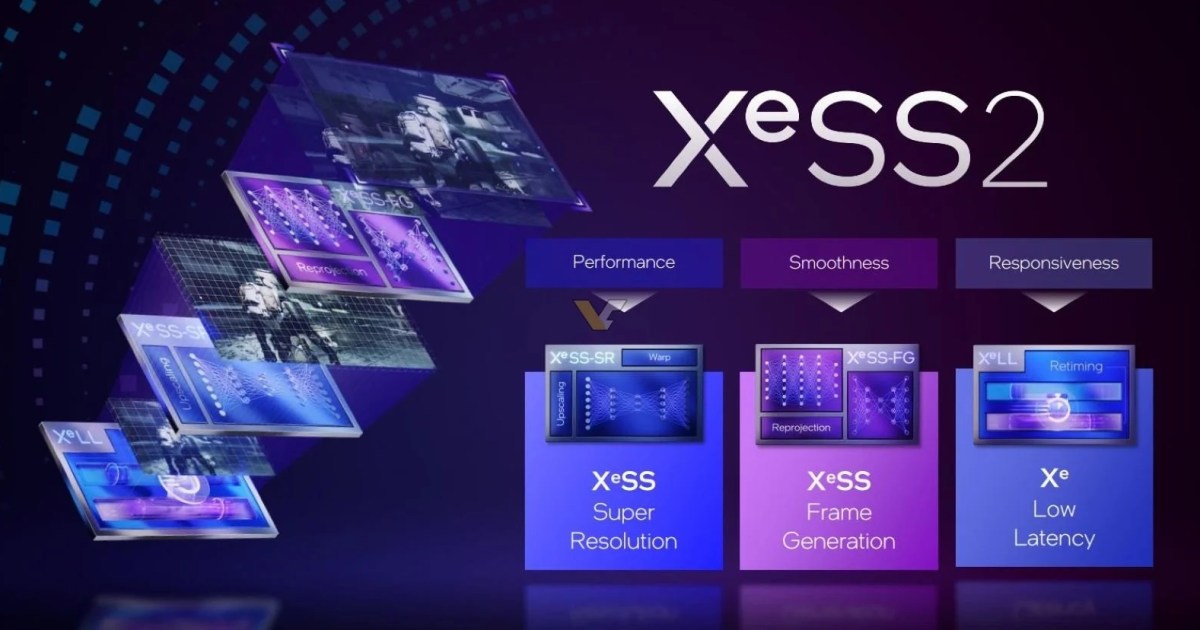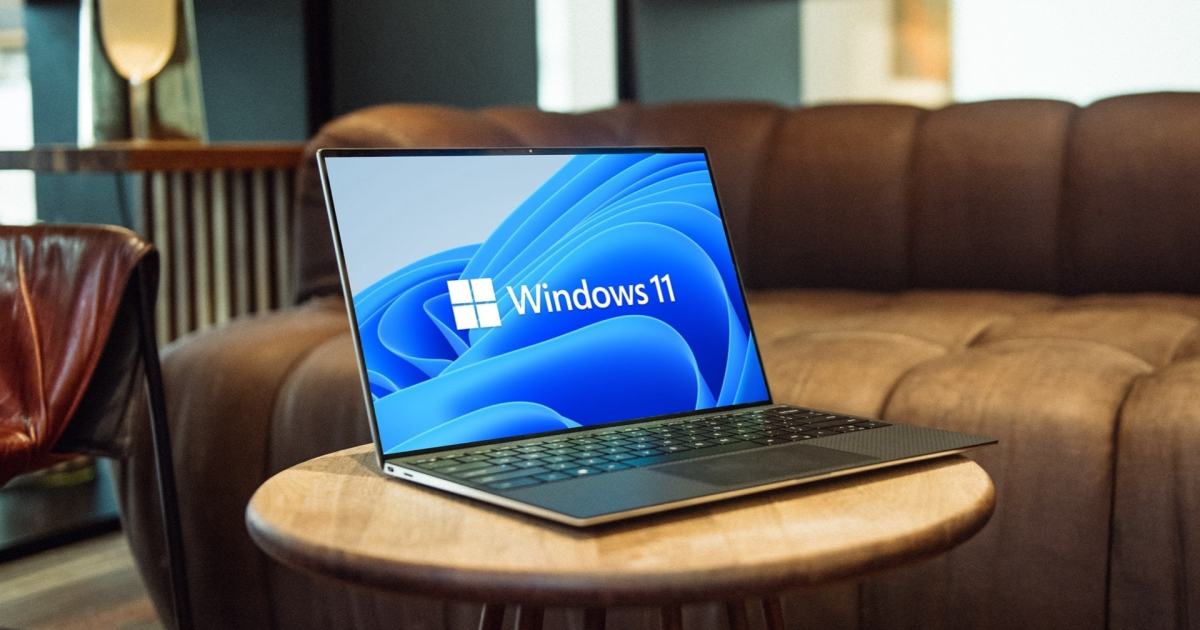Microsoft is subtly pushing users away from OneNote for Windows 10. An updated support document reveals plans to decrease the legacy app’s performance, encouraging migration to the Windows 11 OneNote app. Windows Latest initially reported on this, highlighting Microsoft’s ongoing feature transfer from the older version to the newer one.
While Microsoft removed OneNote for Windows 10 from the Microsoft Store, they assured users of continued control and no forced switching. However, with Windows 10’s end-of-support date looming, OneNote syncing speeds are expected to decline. Microsoft’s support documentation urges Enterprise users to adopt the Windows 11 version, citing benefits like enhanced performance, Copilot integration, and Microsoft Information Protection (MIP).
Anticipate syncing delays and prompts to upgrade after July 2025. This impending slowdown might prompt you to consider alternative note-taking applications. Fortunately, several compelling options exist.
Top Note-Taking App Alternatives
If Microsoft’s strategy leaves you seeking a new note-taking home, consider these alternatives:
Evernote: Powerful Tagging and Search
Evernote excels for users who value robust organization and retrieval. Its strengths lie in web clipping, seamless cross-platform performance, and powerful search capabilities, extending even to text within PDFs and images. Handwritten notes are also supported. Access your notes from Windows, macOS, iOS, and Android devices.
Google Keep: Quick Notes and Reminders
Google Keep shines for capturing quick thoughts and setting reminders. Create unlimited notes, voice memos, and utilize labels for organization. Personalize notes with colors and background images for easy visual identification.
Simplenote: Minimalist and Distraction-Free
Simplenote prioritizes a clean, minimalist experience for distraction-free note-taking. Its focus is simplicity, allowing you to quickly jot down thoughts and add tags without unnecessary features. Pin important notes, enjoy cross-platform access, and benefit from its free, subscription-free model.
Obsidian: Offline Access and Extensive Customization
Obsidian offers offline access, coupled with a vast library of themes and plugins. It’s a powerful tool for research and long-form content creation, featuring links, graphs, and version history. Collaborative features enable seamless teamwork and file sharing.
Joplin: Open-Source and Encrypted
Joplin champions open-source principles, offering end-to-end encryption and markdown support. Work offline, create multimedia notes with images, videos, and PDFs, and share notes securely. Save web pages as notes and personalize your experience with plugins and custom themes.
Conclusion
While Microsoft’s shift away from OneNote for Windows 10 might seem inconvenient, it opens up opportunities to explore alternative note-taking apps that might better suit your needs. Each option presented offers unique strengths, from robust organization to minimalist design and open-source flexibility. Consider your priorities and workflow to find the perfect fit.











